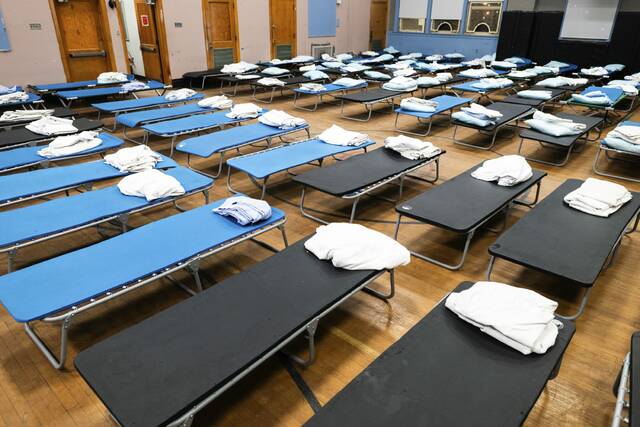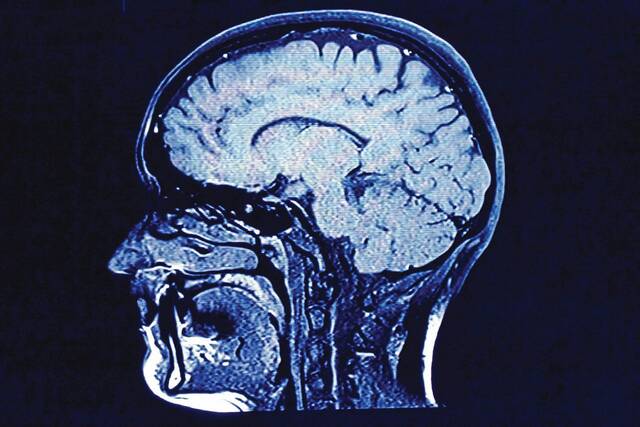Last week, Tesla unveiled a small fleet of robotaxis in Austin, Texas, marking the first time the EV powerhouse’s driverless vehicles transported paying passengers. For now, Elon Musk’s company is charging a flat fee under $5 for rides.
We can’t imagine this price tag will stick around forever, but it establishes a competitively low fare that’s likely to help Austin folk overcome any nervousness about trusting their lives to computers, changing the way people get around in that cool city.
We remember when Uber came to Chicago over a decade ago, disrupting our taxi industry with similar low prices coupled with the new convenience of a ride at the touch of a button. It changed everything, mostly at the expense of the taxi companies and drivers that had served Chicago for decades.
Chicago lost the vast majority of its cabs. Even downtown, they remain difficult to hail now, even as they have returned in greater numbers to New York.
And as anyone who regularly takes an Uber well knows, the prices went up once the cabs were vanquished. A lot.
With ride-share prices rising, policymakers are now weighing how best to support drivers — but those efforts, including unionization, could unintentionally make things worse for riders and drivers as driverless technology gains traction.
Uber agreed this month not to fight statewide Illinois legislation that would grant drivers collective bargaining rights while maintaining their status as independent contractors, which the Illinois Drivers Alliance has said it plans to file in Springfield. This deal was struck as the city was poised to vote on an ordinance to raise driver pay, a move that’s now off the table as part of the terms.
The labor-peace deal gives ride-share companies breathing room as the labor bill must first materialize and pass.
Here’s the issue for drivers.
Labor talks are playing out as Uber and its competitors are investing heavily in driverless vehicles, just like Tesla.
Uber isn’t hiding that future. Uber CEO Dara Khosrowshahi even told The Wall Street Journal this year he expects AVs to gradually overtake human drivers.
“I think the human displacement here, while it’s not something that is going to happen tomorrow, is going to happen eventually,” he said. “And it’s something we have to think about, society has to think about.” In Austin and Atlanta, they are doing more than thinking about it. They are riding driverless right now.
The more costly and complicated labor becomes for ride-share companies, the more eager these firms will be to reduce their reliance on human drivers. Unionization cannot help but end up accelerating AV implementation.
We concede AVs are not a bad thing — along with Austin and Atlanta, in cities such as San Francisco, riders are able to choose robotaxis, and services such as Waymo are popular, even if they creep some of us out.
We also understand the argument in favor of more support for ride-share drivers. Many gig workers lack benefits such as health insurance and paid leave.
As for the drivers themselves, many enjoy having control over their schedule. Most gig workers juggle multiple gigs and like the flexibility. More than 60% of drivers work across multiple platforms, and nearly a third drive for three or more, according to a 2024 business.com survey. It’s far from the usual model of employers and unions, and that has been one of its strengths for many stakeholders. Not every Uber driver wants to be treated like a regular worker; autonomy is a big part of the appeal. In essence, Uber drivers own their own small business.
Whatever happens, ride-share is part of our transit ecosystem. A bus or a train often can only get you so far, making car service an essential component of that last short leg of the trip, especially for the elderly or for those commuting in broiling heat.
Ride-share drivers deserve not to be exploited. But while unionization may raise pay in the short term, it risks accelerating automation and eliminating the jobs it was meant to protect.








